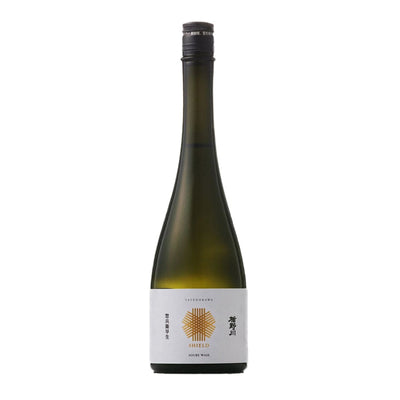
About Akita Prefecture
Akita Prefecture, situated in the northern part of Tohoku, boasts a landscape as diverse as its cultural heritage. Nestled along the Sea of Japan, Akita's name, derived from the ancient Akita Castle, reflects its historical significance and the picturesque surroundings shaped by mountains and coastline.
Renowned for its rich culinary offerings, Akita takes pride in its delectable local specialties. Kiritanpo, a dish made from pounded rice skewered and grilled, and Inaniwa udon, thin wheat noodles with a smooth texture, are among the region's culinary treasures. Akita is also celebrated for its sake production, with the clear waters flowing from the Omono River contributing to the creation of distinct and high-quality brews.
The prefecture's natural beauty is highlighted by scenic spots such as Lake Tazawa, Japan's deepest lake, and the rugged Shirakami Sanchi, a UNESCO World Heritage Site renowned for its virgin beech forests. Akita's traditional festivals, including the spectacular Kanto Matsuri, where performers balance towering bamboo poles adorned with paper lanterns, add a vibrant cultural dimension to the prefecture.
Akita's commitment to preserving its cultural identity is evident in its historic samurai district, Kakunodate, and the well-preserved Hinai-jidori, a native breed of chicken. The prefecture's tranquil hot spring resorts, like Nyuto Onsen, provide a serene escape into nature.
As Akita continues to embrace modernity while cherishing its roots, it stands as a destination where history, nature, and culinary excellence harmonize to create a truly captivating experience.

About Ranman
Akita, known as Japan's "Land of Sake," has a rich history of sake brewing, dating back to 1618 when there were over 700 breweries. The region's success comes from high-quality local rice, pristine water, and ideal cold winter conditions for fermentation.
Yuzawa City, often called the "Nada of Tohoku," is a key player in Akita's sake industry. Akita Meijo Co., Ltd., established in 1922 by 88 brewers and business leaders, aimed to share Akita’s premium sake with the nation. Their sake, "Bishu Ranman," was one of the first to gain national recognition.
With advanced facilities and a focus on quality, Akita Meijo produced 10,000 koku of sake, an impressive feat for the time. "Bishu Ranman" became a symbol of Akita's sake excellence and was proudly introduced to markets beyond the region.
After gaining recognition across the Tohoku region and beyond, Bishu Ranman steadily increased its production.
To meet the growing demand while maintaining exceptional quality, it became essential to strengthen production facilities to accommodate both volume and variety.
Bishu Ranman achieved this balance through two distinct breweries: Ogatsu Kura, where traditional methods are used to craft premium Daiginjo sake, and Ontake Kura, a modern, automated facility producing a wider variety of sake.
Today, Bishu Ranman boasts an impressive production capacity of 100,000 koku, solidifying its status as a prestigious sake representing Akita.












































